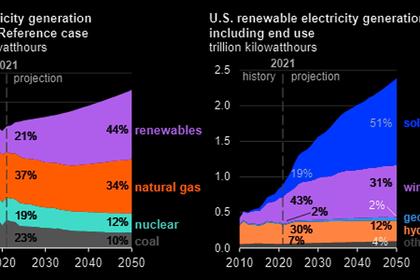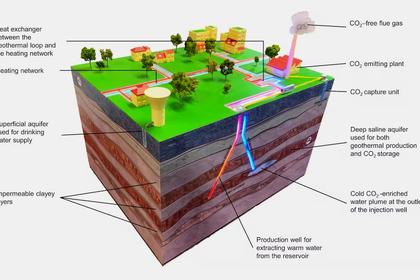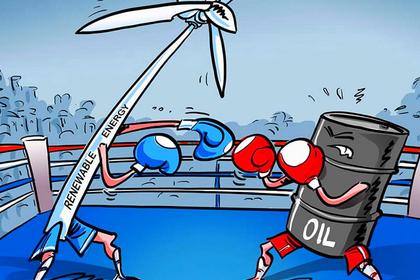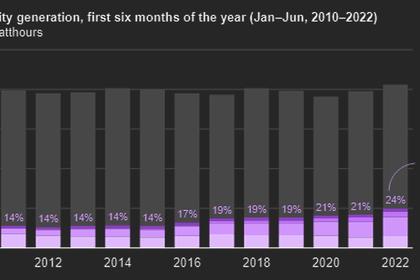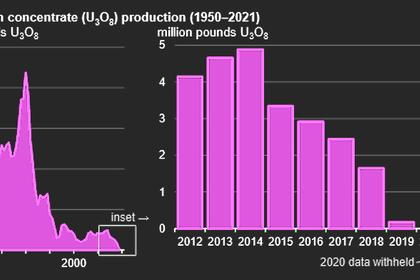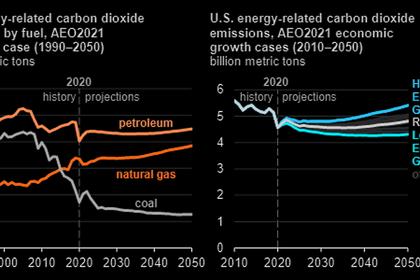
U.S. CLEAN ENERGY INVESTMENT $39 MLN
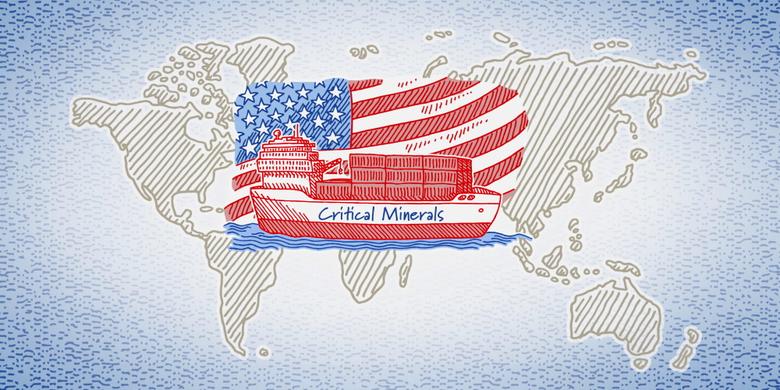
U.S. DOE - OCTOBER 27, 2022 - DOE Announces $39 Million for Technology to Grow the Domestic Critical Minerals Supply Chain and Strengthen National Security
Selected Projects Across a Dozen States Will Develop a Sustainable Supply of Minerals Needed to Power America’s Clean Energy Future
The U.S. Department of Energy (DOE) today announced $39 million in funding for 16 projects across 12 states to develop market-ready technologies that will increase domestic supplies of critical elements required for the clean energy transition. The selected projects, led by universities, national laboratories, and the private sector aim to develop commercially scalable technologies that will enable greater domestic supplies of copper, nickel, lithium, cobalt, rare earth elements, and other critical elements. The Biden-Harris Administration has remained focused on strengthening the critical materials supply chain as rare-earth elements are necessary to manufacture several clean energy technologies—from electric vehicle batteries to wind turbines and solar panels. President Biden has underscored the importance of deploying energy sources that reduce carbon pollution, lower costs for families and businesses, and ultimately mitigate the impacts of climate change.
“A reliable, sustainable domestic supply chain of critical materials that power longer-lasting batteries and other next-generation energy technologies is crucial to reaching our clean energy future,” said U.S. Secretary of Energy Jennifer M. Granholm. “With these investments, DOE is helping to reinvigorate American manufacturing to reduce our overreliance on adversarial nations and position the nation as a global leader of research and innovation.”
Global demand for critical minerals needed to decarbonize the nation’s economy is expected to increase by 400-600% over the next several decades and the U.S. is increasingly dependent on foreign sources, some adversarial, for many of the processed versions of these minerals. Notably, there are challenges associated with mining, processing and production of critical elements, which are often located in a handful of geopolitically sensitive regions. The projects announced today support the Biden-Harris Administration’s commitment to expanding domestic mining, production, processing, and recycling of critical minerals and materials to reduce U.S. dependence on foreign sources, secure America’s clean energy supply chain, and create good-paying clean energy jobs.
Selected projects will be funded and managed through DOE’s Advanced Research Projects Agency-Energy (ARPA‑E) Mining Innovations for Negative Emissions Resource Recovery (MINER) program. The MINER program funds technology research that increases the mineral yield while decreasing the required energy, and subsequent emissions, to mine and extract energy-relevant minerals. Specifically, the program investigates the potential CO2-reactive ores to unlock net-zero or net-negative emission technologies.
President Biden has prioritized strengthening the domestic critical minerals supply chain since the start of his administration. In order to reduce the nation’s reliance on foreign supply chains, the Biden-Harris Administration first assessed the potential for domestic production of critical minerals. The Energy Act of 2020 formally established a process for the United States Geological Survey (USGS) to release a list of critical minerals that have a high risk of a supply chain disruption and serve an essential function for energy technologies. In March, the President invoked the Defense Production Act (DPA) to boost mineral development through investments in new and existing mines. President Biden’s Inflation Reduction Act (IRA) includes a new advanced manufacturing production tax credit for companies producing critical minerals in the United States.
Learn about the projects selected as part of the MINER program.
-----
Earlier:
